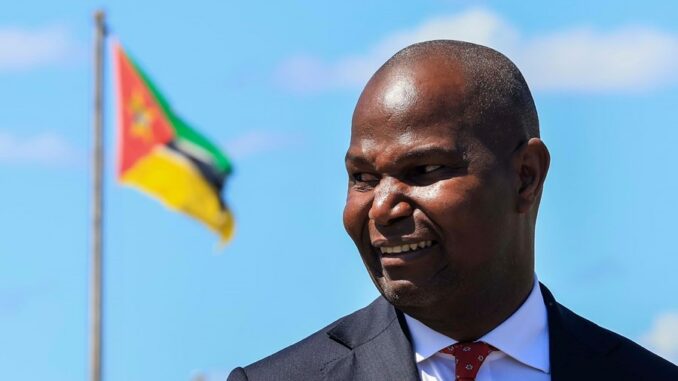
On December 23, Mozambique’s Constitutional Council (CC), the highest authority in electoral disputes, declared Daniel Chapo the winner of the presidential election with 65.17% of the vote. Chapo, backed by the ruling Mozambique Liberation Front (Frelimo), will succeed Filipe Nyusi as President. His inauguration is scheduled for January 15, 2025, as confirmed by a resolution issued by the CC.
Chapo’s election marks a historic milestone as he will be the first president born after Mozambique’s independence, assuming office during the country’s 50th independence anniversary. Despite his victory and Frelimo retaining its parliamentary majority in the October 9 general elections, the results have sparked widespread unrest. Protesters, supporting Venâncio Mondlane of the Podemos party, who officially secured 24% of the vote but claims electoral fraud, have taken to the streets demanding “electoral truth.” Demonstrations have escalated into violence, including barricades, looting, and clashes with police, leading to nearly 300 deaths and over 500 injuries, according to civil society organizations.
The protests are the most significant challenge to electoral outcomes since Mozambique’s first democratic elections in 1994. Meanwhile, Mondlane, currently abroad, continues to rally supporters through social media, vowing to take office on January 15 and promising further details of his movement, dubbed “Ponta de Lança” (Spearhead), in early January.
In addition to Chapo and Mondlane, the October 9 elections included Ossufo Momade of Renamo, the main opposition party, who garnered 6.62%, and Lutero Simango of the Democratic Movement of Mozambique (MDM), who secured 4.02%. The CC’s confirmation of Chapo as president has only intensified tensions, leaving the nation in a volatile state as the inauguration date approaches.
